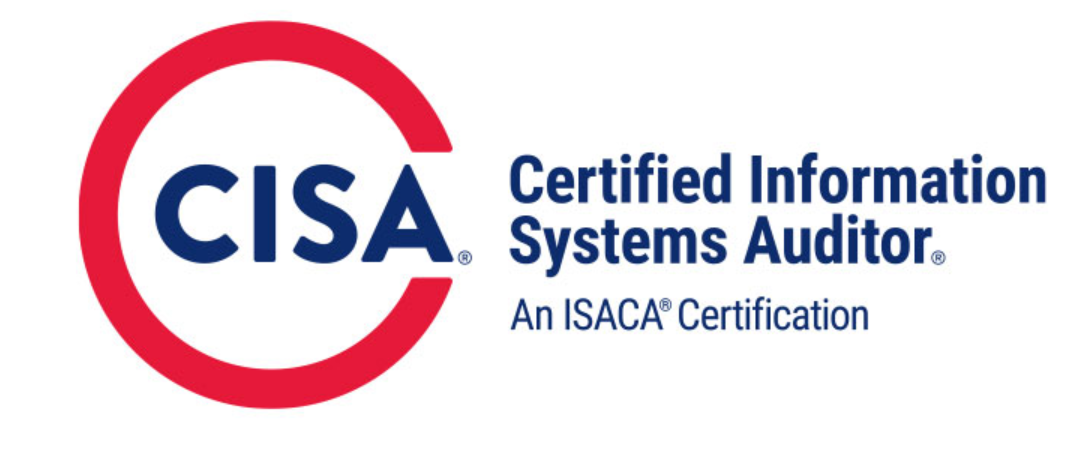5 Tips for Improving Your English

English is the most widely spoken language that connects billions of people together and enables seamless international communication without geographical boundaries. Contrary to popular belief, English is such an international language because it’s actually quite simple to learn, although it’s not at all simple to master by any means. Whether you are a student learning English in school, or an adult planning to move to an English-speaking nation, the following five tips will help you to improve your command over the English language at a faster and more efficient rate.
Read English Literature
Since we are talking about improving our English and not learning the language from ground up, reading classic English literature is one of the best and most entertaining ways to learn the language in its advanced form. Reading English literature will not only increase your English vocabulary, but it will also create a deeper, emotional understanding of the language in its various contexts as well. Some English words can be notoriously hard to spell or even understand in classic literature for sure, but you can look them up online easily nowadays.
Express Yourself in English
It would be ideal if you could both talk and write in English as you express yourself but writing usually has a greater impact on improving your core grasp of the language. Speaking English, on the other hand, adds the much-needed aspect of speech to your personal comprehension and expression of the language. Unfortunately, it is easy to develop poor habits if there is no one to correct your mistakes while speaking. Take it slow and focus on the grammatical accuracy of your speech and writing more than anything else.
Forget about Unnatural Accents
Everyone has an accent, and you don’t necessarily have to root it out of your brain to improve your English. It’s far more important to write and speak the language accurately than it is to speak every English word with its proper connotations. Consider the fact that Australians and Americans have very different accents to their speech, and yet, none of them are speaking the wrong English just because their accents are different. Accuracy should always take precedence because even the English themselves have numerous accents, which vary depending on the speaker’s exact origin.
Focus on the Clarity of Pronunciation
The important bit is the pronunciation, and you only need to make your pronunciation of every English word as clear as possible. For example, it’s okay to say “I am not a native English speaker” in your own accent, as long as every word in that sentence is clear and sounds exactly like the word should. If you are not sure about how a word should sound, simply Google it, and then press the speaker/speak button below the result to hear it.
Watch English Movies with Subtitles On
If you Google it, some results will suggest that you should turn off the subtitles for improved results. However, that’s not exactly how it works, unless you already have an advanced understanding of the language. Initially, you should keep the subtitles on to read the words and match them to what you are hearing. It creates a much-needed visual-aural connection between the written word and speech.
Watch the same movie a few times with the subtitles on and then when you are ready, watch it again a few times with the subtitles off. Just make sure it’s a really good movie though! For starters, you may want to stick to short films and perhaps even just one episode of your favorite web series at a time.



